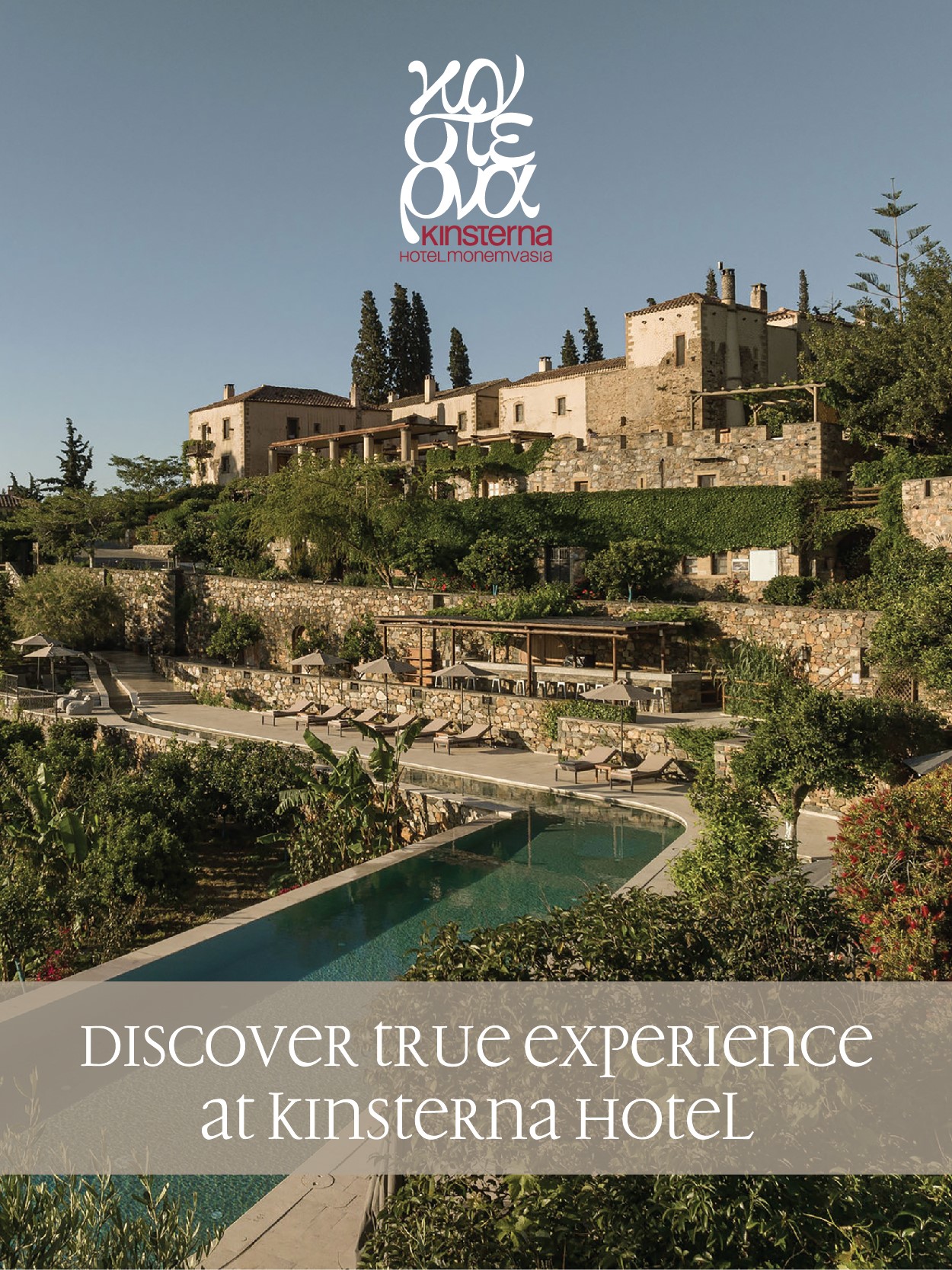When reading or hearing that an oil and gas production company operates in one of the most beautiful and popular areas of Northern Greece, one might think it is fake news! And yet…

The Prinos complex managed by Energean
Energean is a natural gas and oil exploration and production company, with significant infrastructure in the Mediterranean and production exceeding 100,000 barrels of oil equivalent per day, of which 82% is natural gas. Since 2008, the company has been managing Greece’s sole hydrocarbon production, the Prinos fields in the Gulf of Kavala between Thassos and Kavala, which has been active since 1981. Energean continues operating with an impeccable environmental track record, which can be summed up in the phrase “all these years, not a single drop of oil in the sea”, thereby dispelling various myths and prejudices.
If one has already visited the area with the beautiful beaches of Kavala and the five-star luxury hotels of Thassos, from which the production platforms are visible only a few kilometers away… If one lives there and sees daily the fishing boats and trawlers feeding the 3rd largest fish market in the country… If one has lived in the area since the demise of the tobacco industry and understands that this activity helped to create a new development chance for the area…

The Blue Flag awarded beach of Dasylion Prinos with a view of the platforms
One certainly does not need any more arguments to be convinced!
But for those who don’t know, let’s look at some features:
– In the four in-season/most important summer months of June – September 2022, Thassos attracted almost 1.5 million visitors. The island has over 11,000 beds in hotels and about 15,000 beds in rented/rental rooms and accommodation!
The beach of Ammolofon in the Gulf of Kavala
-The Gulf of Kavala and Thassos have consistently been awarded more than 10 blue beaches on an annual basis, one of which is in Dasylio Prinos, with the production platforms as a background.
-Studies conducted by the Department of Biology of the University of Athens (2016) and the International University of Greece (2022) respectively have shown that the marine biodiversity in the area of the platforms has not been affected at all by the specific activity and that the wetland of the Nestos River, which is also located a few kilometers away from the facilities, shows no trace of hydrocarbons.
-The last seismic survey (2015) showed that the Gulf of Kavala hosts dozens of dolphins, as well as sperm whales and other species that live or travel only in clean waters.

Dolphins in the Gulf of Kavala
-This specific activity directly employs around 150 workers and contributes to the region’s economy with around 14 million euros every year. Moreover, it provides the youth of the region with a significant career option, via the collaboration with the International Hellenic University and its departments that are focused on the hydrocarbon industry.
-Prinos is also planned to host a project of significant benefits for the environment in the coming years. It will be the first carbon dioxide (CO2) storage project in Greece in which, in full development, it will be possible to store annually an amount of CO2 corresponding to 1/3 of the current emissions of Greece’s industrial sector.
Prinos is proof that the hydrocarbon industry can be a part of the solution to the problems posed by Climate Change. And, certainly, it is an example which Greece can be proud of!















